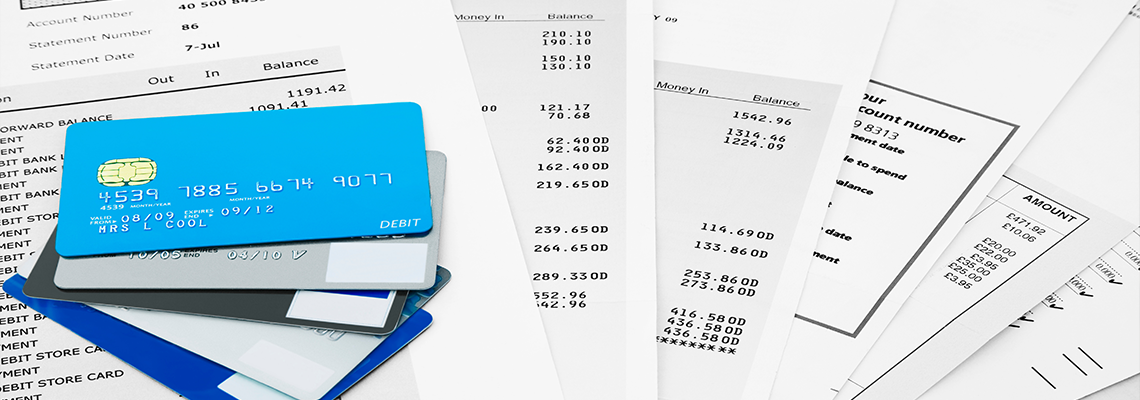
Disputing an Error on Your Debit or Credit Card Statement
Almost everyone nowadays uses a credit card or charge account to make regular purchases. Typically, we track these purchases either online or through our paper statements to ensure the charges are correct and that our credit is in good standing. However, occasionally a billing error may occur and you’ll need to take steps to correct it. While this is typically a task that can be done by the individual, in some cases you’ll need to speak with a consumer protection attorney, especially if it’s a large charge you’re disputing or if you disagree with the credit card company’s investigation. For this and other credit concerns, call us at The Orantes Law Firm. With offices in Los Angeles County and Orange County, we are proud to serve clients throughout the area.
What Qualifies as a “Billing Error?”
The first thing to understand when contesting a charge is what counts as a “billing error” and what doesn’t. Under federal law, a billing error can mean an unauthorized charge, a charge that lists the wrong amount or transaction date, a charge for something you never received, a math error, a failure of the credit card company to post a return, or a failure by the credit card company to deliver statements to your current address. All these factors could result in a billing error on a credit report and you have every right to fight it.
Your Rights to Dispute an Error
Not all types of credit offer consumer protections under the Fair Credit Billing Act (FCBA). Lines of credit and personal loans are not covered under this law, but credit cards, revolving charge accounts, and any other “open end” account do. The FCBA was first signed into law in 1974 and it protects consumers from unfair billing practices and offers them a course of action to address them. Under it, consumers have a right to dispute billing errors with their creditors, but they must do so within a specified period of time and by the correct means.
The Dispute Process
If you wish to dispute a debit card or credit card error, you must do so within 60 days of receiving your first bill. To do this, you should write a letter to the billing department of the company that includes an explanation of why you think the charge is incorrect as well as any evidence such as receipts or previous bills that prove your assertion, and these should all be copies of the originals. It’s also a good idea to send this as registered mail so you have a record of when it was received.
After this, the credit card company has 30 days to send you an acknowledgment of receipt and they have two billing cycles to investigate and resolve your claim. This whole process cannot take longer than 90 days. After their investigation is complete, they must provide you with a written explanation of their findings and either reverse the charges or demand payment. During the dispute process, you will not be required to make payments on the disputed amount and your creditors cannot report you to any credit reporting agency. If the investigation finds the charge to be correct, but you still disagree, you can dispute it again. Throughout the process, a consumer protection attorney can help you navigate every single step.
Experienced Guidance Every Step of the Way
Disputing a billing error is often a straightforward process, but when complications arise, you’ll want someone you can trust working in your corner to ensure you’re not on the hook for false charges. If you're in the Los Angeles County or Orange County area, or anywhere in Los Angeles or Irvine, call us at The Orantes Law Firm to discuss your options for disputing a credit or debit card charge.